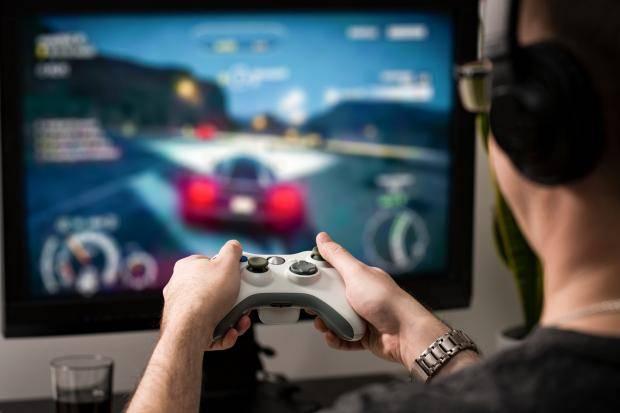A study in Singapore recently showed some troubling results for children who are “hard-core” gamers. 9% of children are pathological gamers. They reach this status by playing video games for such long hours that it affects their reality.
These pathological gamers are prone to increased risks of anxiety, depression, bad grades, and social phobia.
For pathological gamers, video gaming interferes with their everyday lives. The background information paper of the study compared these pathological gamers to gambling addicts. Gaming isn’t necessarily a symptom of the disorders listed above, but it can reinforce depression, anxiety, and social phobia according to the study.
Douglas A. Gentile, a psychologist at Iowa State University, stated that, though children may retreat into gaming as a result of depression, gaming actually increases the malady. The compulsive gamers played for a weekly average of 31 hours a week. The non-pathological group only played for 19 hours.
The study released in Pediatrics journal used 3,034 children. Of the sample, 83% played video games at least occasionally. Children who had a study period in which they could stop gaming showed lower levels of depression, anxiety, and social phobia in comparison with the children who played continuously.
